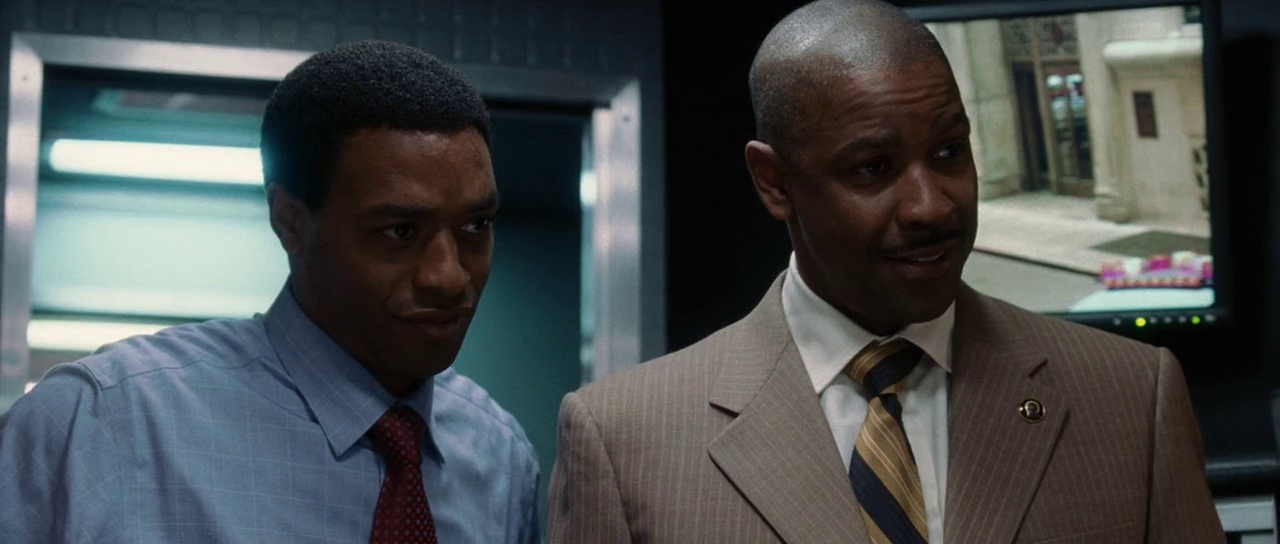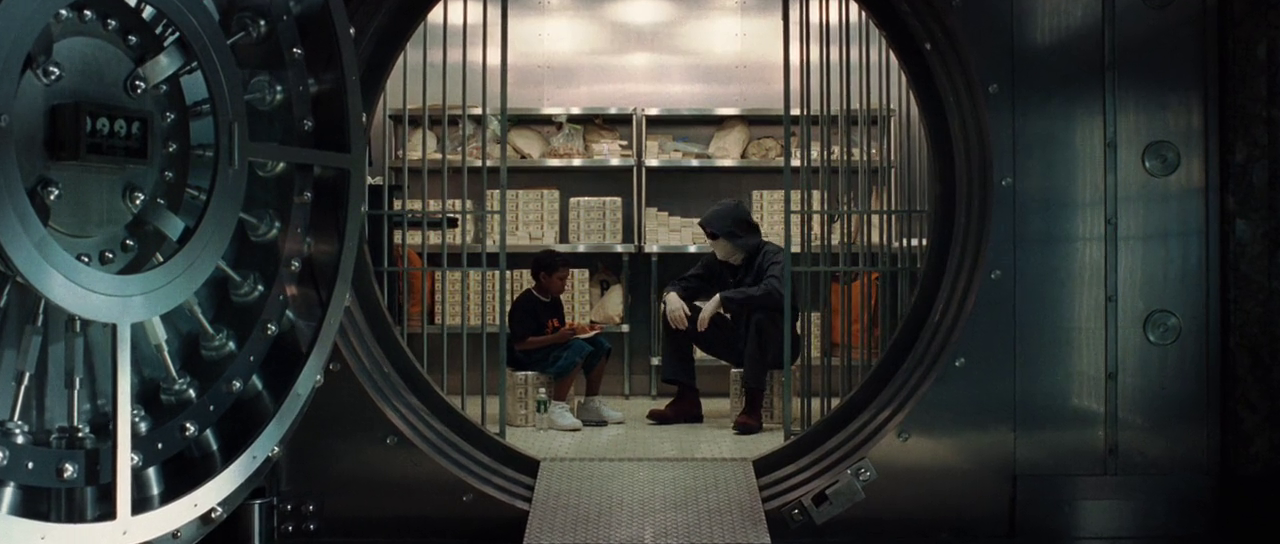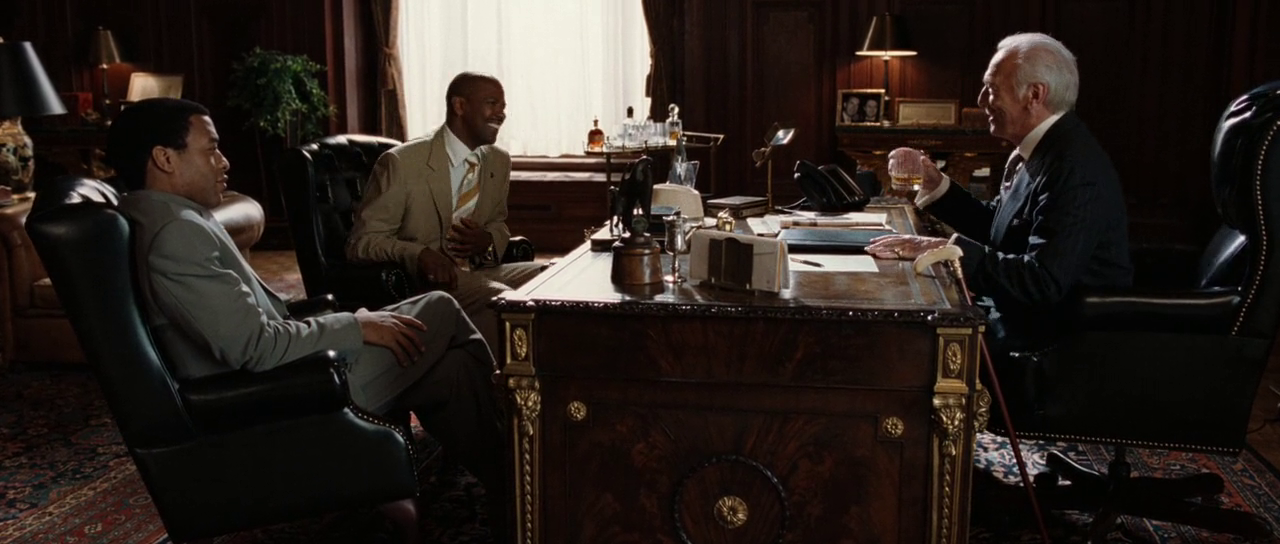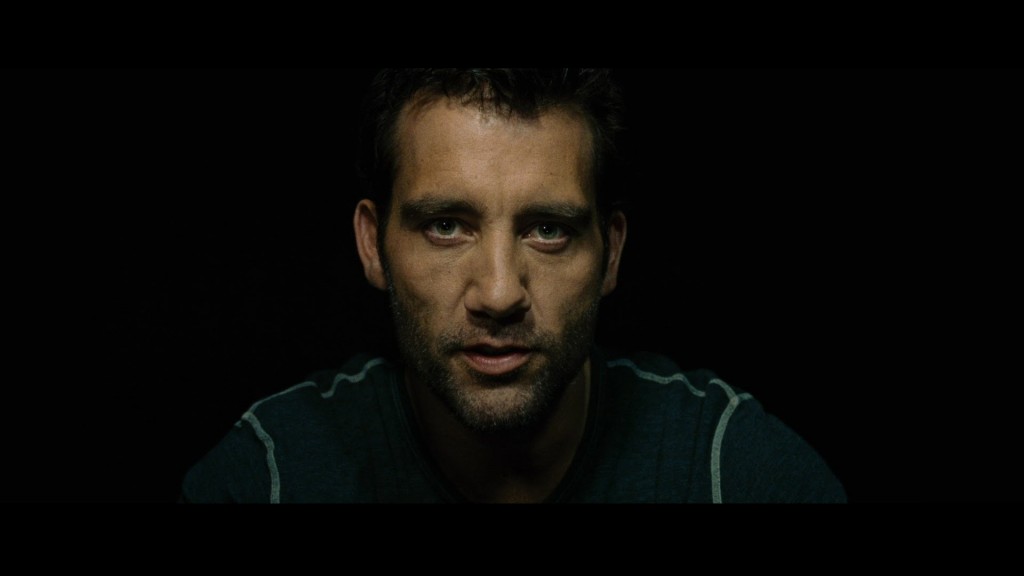Directed by Spike Lee, ‘Inside Man’ is a crime thriller film that revolves around Detective Keith Frazier as he navigates the fine line between hostage negotiator and his own duties as an investigator searching for the truth during an active bank robbery. As with any other film in the genre, lives are at stake, and everything is not as it seems. It features terrific performances by Denzel Washington and Clive Owen in the lead roles, along with Jodie Foster, Chiwetel Ejiofor, Willem Dafoe, and Christopher Plummer.
While watching this thrilling story unfold, one can’t help but wonder whether pulling off such a heist is possible or not and whether the 2006 film itself is based on one of the numerous bank robberies that have occurred throughout history. If you are curious about the film’s true origin, we’ve got your back. Let’s dive in!
Inside Man is an Original Screenplay
No, ‘Inside Man’ is not based on a true story. With an original screenplay by Russell Gerwitz, this thriller takes on a life of its own through its characters. As NYPD Detective Keith Frazier, Denzel Washington is charismatic through his sheer bluntness. It is obvious from the observations and deductions he makes based on his understanding of the people around him that he has a little more than a few years of working in law enforcement under his belt. But at the same time, Frazier isn’t removed from or better than any of the other characters in the story, especially not the audience.

Frazier makes mistakes now and again and has problems of his own in life, such as not being able to marry the woman that he loves because he cannot afford it. This is what makes Frazier relatable as a character. However, the same is true for our antagonist as well. Dalton Russell (Clive Owen) is the criminal mastermind in ‘Inside Man.’ His apathy and willingness to rough up hostages without a moment’s hesitation clearly mark him out as the bad guy. Yet, certain scenes in the film show a kinder side to him. The film is deliberate in its presentation, choosing either the old or the very young to act as the subject of his kindness, even if that kindness isn’t obvious to anybody but the viewers. It creates sympathy for Dalton and makes the audience root for him too.

The film’s central theme of deception is not limited to the story and its characters. The misdirection is for both the police and the viewers. It is shown through various sequences which are far removed from each other to have any obvious connections — the misdirection for everybody watching ‘Inside Man,’ however, is a lot subtler and only reveals itself in hindsight once the credits start rolling.
A brilliantly written heist, ‘Inside Man’ doubles up as an indictment as well. The film touches upon issues such as racism, police profiling, and war crimes; there is no sugar-coating around them. The issues are put on display with brutal honesty, with no way for anybody to deny that what they see on screen isn’t exactly what happened, or to misinterpret in any way or form.

‘Inside Man’ is an excellent example of how not everything is black and white. At the end of the film, the audience is left feeling that one’s actions on the surface can never accurately define who they are as a person. Though the film does leave some questions unanswered, there is a finality and satisfaction with how everything comes to an end.
But more than that, despite being driven by a fictional script, what makes ‘Inside Man’ truly unique is the fact that it makes the audience a part of the story as well. The scattered breadcrumbs which are left behind for the audience make them unwittingly try and deduce Dalton Russell’s motivations and what he will do next, becoming detectives in their own right.
Read More: Where Was Inside Man (2006) Filmed?


You must be logged in to post a comment.